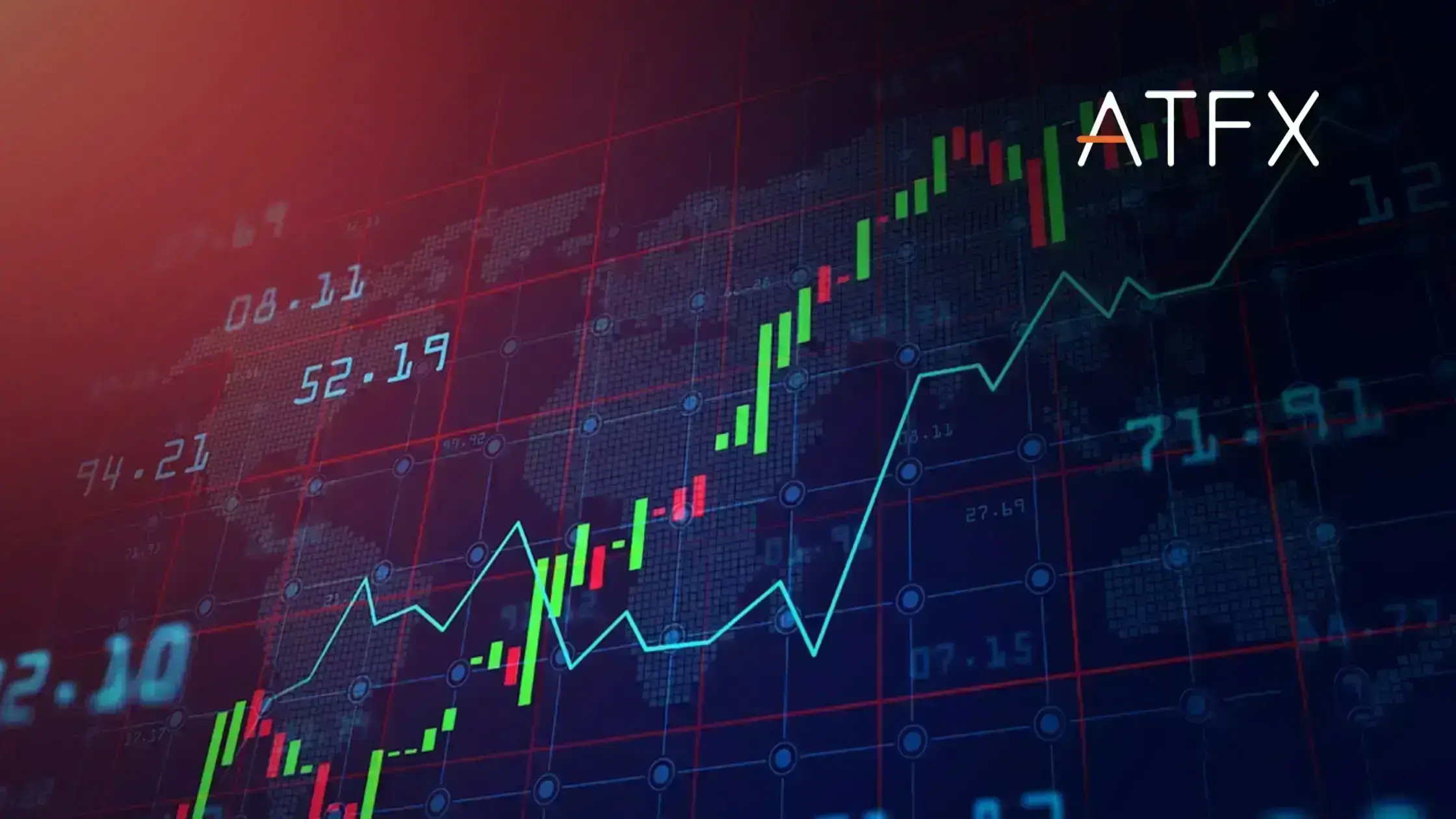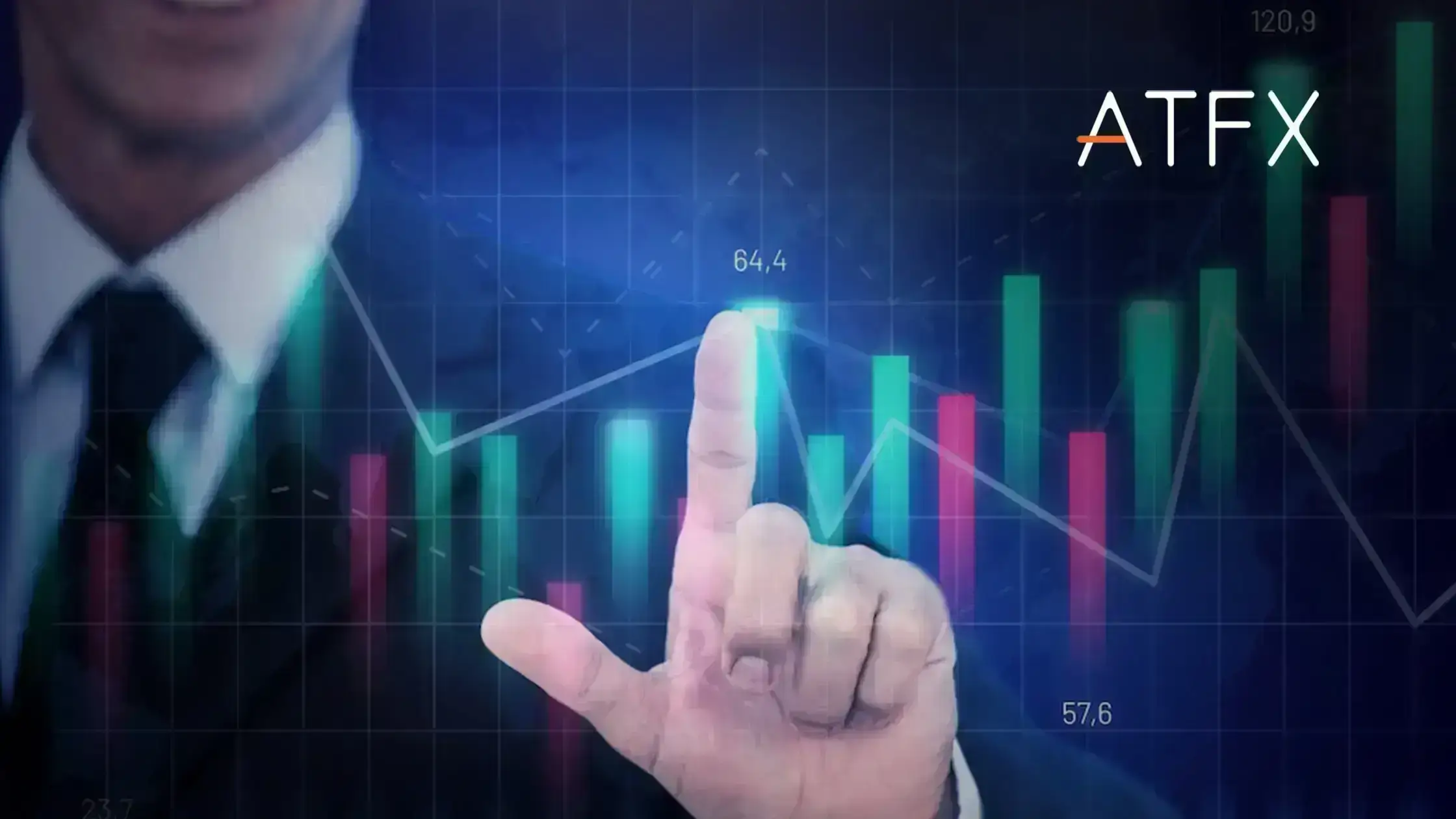.webp)
Some investors find it challenging to decide which investment line is best for them. Some find it difficult to distinguish between an ETF and a Unit Trust. If you belong to these categories, this work is a must-read today. This work fully elaborated on the fundamental differences and similarities between an ETF and a Unit Trust. We have further examined the advantages and disadvantages of investing in any duo. Therefore, it is hoped that this work will help the investor resolve most of these questions bothering him for a long now.
What is a Unit Trust?
The unit trust is a modern means of investment whereby money from many investors known as unitholders is put together and managed by a fund manager to achieve a specific return over time. Thus the fund manager with these funds creates a portfolio of investments and assets for Investors to buy and adds a little cost to it, which often serves as his profit.
In a Unit Trust, each profit accruing from the investment is regularly passed directly to the investors and separated from the initial investment capital. Equally, all realized gains are sent directly to the individual unit owners and never reinvested back into the business, as we may find in stocks trading and ETFs. In this way, the investor becomes the trust’s beneficiary and limits his risk exposure.
In all unit trust investments, the fund managers are expected to run the trust to maximize profits. Often trustees are assigned to ensure that the fund managers run the confidence following the investment goals and objectives without any diversion. A trustee is a third party that could be an individual or organization charged with supervising assets on behalf of the asset’s owners.
Often, a Unit Trust is seen as some mutual fund. The latter suggests an investment assembled comprising large sums from different investors and used to purchase securities such as bonds and equities.
Very often, the success of a unit trust depends on the expertise and experience of the company or hedge fund managers that manage it. Most common types of Unit trusts investments are properties, securities, mortgages, and cash equivalents.

What is an ETF?
An ETF is an acronym for Exchange-Traded Fund. It refers to those investment securities that combine some of the attributes of stocks and mutual funds as one investment. Generally, an ETF could be seen as a mixture of protection that one can easily buy or sell through a brokerage firm or an exchange market. The ETFs traded in the market today have been structured to allow investors to either short the market using an added extra leverage or go long. This quickly helps to avoid short-term capital gains taxations as profits are taken over a short period without revealing the identity of the investors.
Buying an ETF is just like purchasing many different securities combined into one investment that trades on an exchange. All the shareholders of the said ETFs do not own the shares of the underlying securities or assets directly; instead, they own only shares of the ETF itself.
The significant advantage of trading an ETF is that it offers a potential benefit for the investor within a short time. Like the individual stocks we know today, ETF shares are traded throughout the day at varying prices based on their supply and demand in the market.
3 Similarities Between Unit Trust and ETF
- Both offer an opportunity for diversification of Funds: Both forms of investment allow the investor to purchase a wide range of securities, making them less risky than individual stocks.
- Both provide a multiple choice for investment: Investing in ETFs and unit funds allows the investors to choose from the vast options the best security that pleases them.
- An Expert manages both Funds: The two types of investment have the advantage of being driven by an expert or management company.
5 Differences Between ETF and Unit Trust
- Trading Durations: Generally, ETFs are traded daily, just like stocks, while unit trust funds are traded as swing trades lasting longer than a day or more.
- Spread charges variations: A higher spread is often charged for trading ETF. This is because many positions could be opened and closed within a day of trading. This is not so for the unit trust fund, as only a few positions are entered on the spot and carried over for a longer time.
- Initial Investment Amount: ETFs require a smaller capital to begin trading. An ETF can easily be purchased at the cost of one share only. This is quite different from a unit trust, where individuals are expected to contribute a higher minimum amount.
- Profits Re-investments: With ETFs, the profits made can be merged with the initial capital and reinvested into the funds for trading without having to separate them. This is unlike the Unit Trust, in which case; all profits are withdrawn and sent to investors and do not go back into the initial capital for trading.
- Management: Unit trusts are actively managed by a fund manager, whereas an expert passively manages ETFs.
.webp)
Pros & Cons of Investing in Unit Trust
6 Pros
- It is an Easy investment: Absolutely no complex knowledge is required to invest in a unit trust. The only necessary is for the investor to make his contribution available to the donation pool. The real money contributed is afterward passed over to the fund manager who runs the investment scheme on behalf of the investors.
- Limited liability to loss: Investing in a Unit Trust, exceptionally when an official trustee is appointed, reduces the risk of losing the invested capital. The fund manager is bound to present daily reports of the plans and profits made to the trustee assigned to him.
- Privacy: Investing in a Unit Trust offers the investor more anonymity than other public investments.
- Flexible investment scheme: Often, investing in a Unit Trust offers investors a flexible investment strategy. It allows the investors to decide what to invest in, how to invest in them, and how long to invest in the scheme.
- Reduction of Risk: Investing in a Unit Trust reduces the investor’s risk as he can now diversify his investments and not just invest in one asset alone. Diversification is seen as the best way to safeguard against risk.
- Access to Professionals: Unit trusts, as we know, are managed by expert fund managers. This gives the investor access to invest with professionals who trade on his behalf and deliver profits to him.
7 Cons
- Prone to poor returns: There is a limitation to what could be done with the funds provided by the investors. For instance, the funds cannot be borrowed to receive interest on them over some time. This often limits the number of profits that could come from the investment.
- High Spreads: Often fund managers usually offer the unit trust to individual investors at their rate, which is how they make profits. This, in return, increases the cost price of a unit trust.
- Subject to taxation: Income from the Unit Trust is classified as securities, and each investor is bound to pay tax on them by month-end depending on when one receives the profits. This reduces the gains accruing from the investment.
- Not suitable for short-term investors: Unit Trust often yielded returns over a long period and hence not a good investment package for the short term. Investors are prohibited from withdrawing their funds until the agreed minimum period.
- Low Liquidity: Most often, the significant investors in the Unit trust are individual investors with limited capital. Only a few times do the big financial institutions, including the bank, usually come in to push up the liquidity.
- Disappointments due to Failures to meet the target: Investors could be disappointed by the end of the investment period if their target is not met. Thus, the investors give no guarantee on the number of profits to be achieved at the end of the investment period.
- Capital not guaranteed against loss: Investing in a Unit Trust is often classified as a risky investment because there is no guarantee against loss given to the investors. Hence, the investor can lose some of the money invested if things go wrong. The risks involved in investing in any form of a unit trust are often spelled out in the product offering for the investors to be predisposed for such.
Pros & Cons of Investing in ETF
5 Pros of ETF Trading
- Trading is very transparent: There is considerable transparency in trading an ETF today. Thus, many ETFs are indexed-based, and all index-based ETFs are required to publish their daily holdings in the market for investors to see them.
- Multiple Trading Options: ETFs are trade d like stocks. It becomes straightforward for investors to place various order types such as limit orders or stop-loss orders and take profit take target, which cannot be possible with unit trust funds. This makes it easy for investors to take a desired position at the best market prices to maximize their profits.
- Easy to trade: You can buy and sell an ETF at any time, unlike most mutual funds that change at the end of the day.
- Multiple options: ETFs provide access to over a hundred or even thousands of securities in just one net. Exposure to various securities in a portfolio can help to reduce risk and encourage hedging.
- Easy to master: Trading an ETF involves an easy set of skills that entails understanding the underlying cause of volatility in the market. Anyone with a proper understanding of market movement and clever money-making tactics can easily trade ETF.
3 Cons of ETF Trading
- Broker’s Commission/spreads: Some brokers often charge very high commissions for trading ETFs on their platform. The frequency of these commissions is bound to reduce the investor’s profits. Spreads are the difference between the ask and offer price. Often, the broker sells higher than the immediate market price to the investors and would buy lower from them when they wish to trade. These price variations fixed by the brokers are what we call spreads.
- Very low liquidity: ETFs are not so popular today in the market as stocks, forex, and other risky assets. Hence we have low trading volumes. The amount of capital injected into ETF trading is relatively minor compared to the amount injected into Forex trading and the stock market.
- Delays in Settlement: Customarily, ETF transactions are settled two days from when the transaction is completed. This implies that the investor will have to wait two days after the trade before their withdrawal requests can be processed.
Unit Trust vs ETF – Which is a Better Investment for You?
It is often challenging to pinpoint any of the two forms of investment as the best over the other. Each has its peculiarities and unique, desirable traits for investors. Nevertheless, we find among investors a particular preference for one over the other based on some added extra value over the other and possible limitations too.
Therefore, it is not surprising that some investors prefer ETF trading over the Unit Trust because it offers a very flexible trading pattern; thus, one can buy and sell in a day and withdraw both profits and capital anytime within the day the need arises. This is unlike the unit trust, where money withdrawal can only occur at a fixed period in the future, and investors can only get their profits within the investment duration.
ETFs, offer diversified exposure to a particular asset class at a low cost. Unit Trusts can still achieve exposure but at a high price. Going by this premise, some investors would choose ETF over Unit Trust.
On the other hand, some investors prefer Unit Trust because it is not subject to taxation. The only tax payable is shifted to the fund manager, who pays his tax based on the income received. Therefore, investors are exempted from tax from the investment’s profits. This is very different from ETF investing, where tax is payable from total profits made.
However, it is good to point out that all investments carry some form of risk, and it is for the investor to manage his risk well and decide which of the two is best for them. Some ETFs are generally less volatile compared to individual stocks. Given that ETFs are baskets of dozens or hundreds of securities in a single packaged security, investors can minimize risk through diversification. Generally, the more holdings in a portfolio, the lower the portfolio’s overall risk.
Conclusion
Often, there are questions among investors about which of the two forms of investment is the safest option. Of course, all investments carry some form of risk. However, most ETFs and Unit Trusts are generally less volatile than individual stocks, making them a less risky investment. Similarly, since ETFs come with a wide range of options packed in one basket, investors can quickly minimize risk through this diversification. Of course, the more holdings in an investor’s portfolio, the lower the overall risk he is exposed to.
Above all, it is good to point out that neither an ETF nor a unit fund could be considered a safe investment based on their investment structures. Therefore, the investor needs to invest wisely in these two options.


